#psychology education
Text
ASPD and Npd as clinical presentations (I get that these are more often than not r a result of trauma) are so funny because they really are patterns of behaviour that are disproportionately more of a menace to others (danger to others) more than anything else and thats probably why they're in the DSM.
psych disorders need to meet the "4 d's of mental disorders" in some capacity (distress, dysfunction & impairment, danger to self and/or others, deviation from the norm)
Society rewards and incentivizes these qualities and they are often found in high-power jobs (not much impairment and dysfunction)
These qualities are normalized in broader society (deviation from the norm) n culture and are overrepresented in politics (right-wing esp), business, media, law, military... Areas of life where they are kinda in positions of power to construct what we as a society deem as "the norm" actually
And they aren't really suffering (distress)... especially with ASPD... like even in the name like it is purely more of a danger to others "anti-social" PD....
I do have to say that having a diagnosis of NPD and or ASPD is not a crime in itself and ppl shouldn't be recipients of abuse simply for having either of these diagnoses... and those working to heal and work on themselves should be supported and have their efforts be recognized.. they deserve community.. just think the DSM 5 got it really wrong with cluster b and that it's harmful....
#npd#aspd#4 ds of mental disorders#cluster b abolition#pychology#social justice#psychoeducation#psychology education#psych minor#learnt this while taking the abnormal psychology course in uni and i got an A hahahaha#my views have changed a lot and thats okay and a common thing
1 note
·
View note
Text
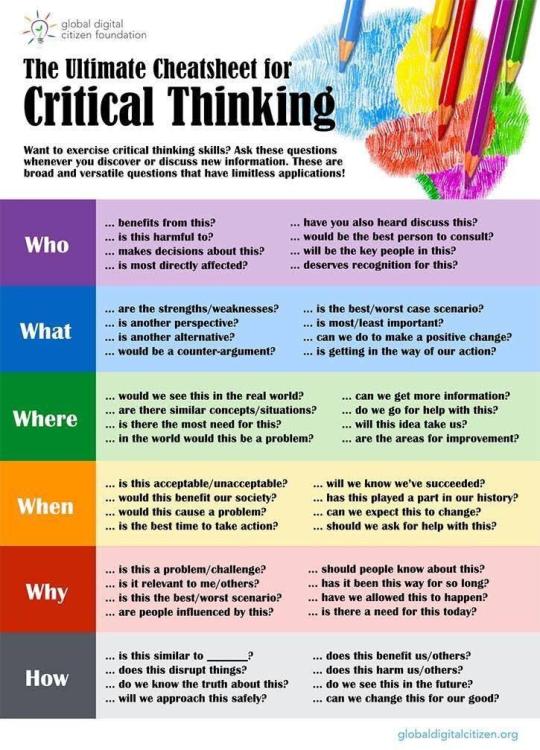
Critical Thinking Cheatsheet
#critical thinking#analysis#problem solving#thinking#life hacks#life tips#life lessons#motivation#mindset#psychology#educational
13K notes
·
View notes
Text
Psychological Warfare 🤔
#pay attention#educate yourselves#educate yourself#knowledge is power#reeducate yourself#reeducate yourselves#think for yourselves#think about it#think for yourself#do your homework#do some research#do your own research#research everything#ask yourself questions#ask yourself#question everything#psychological warfare
2K notes
·
View notes
Text

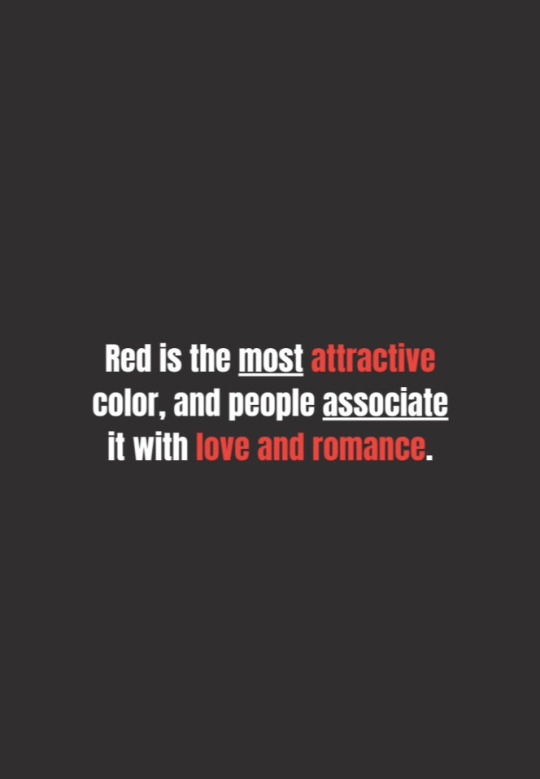

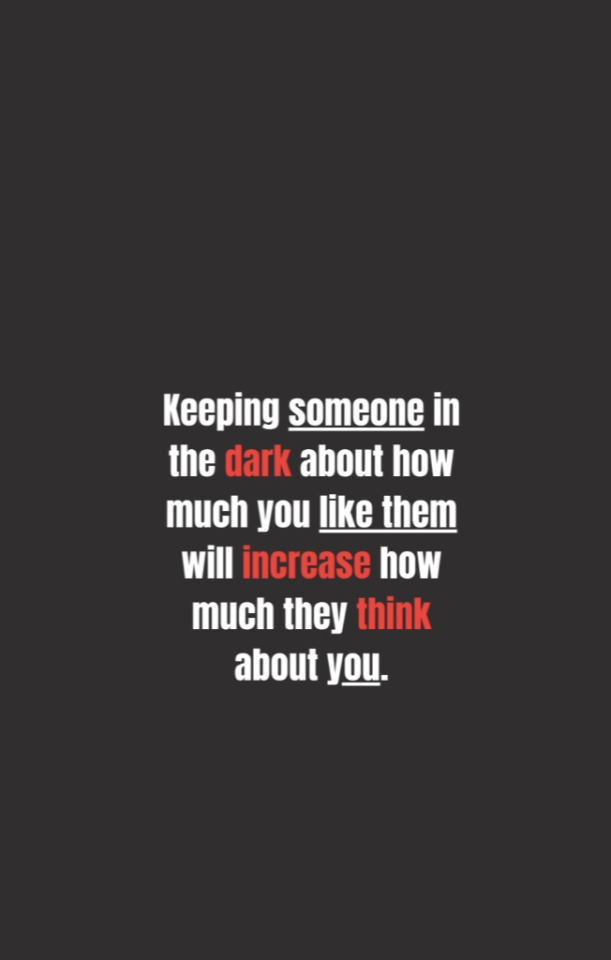
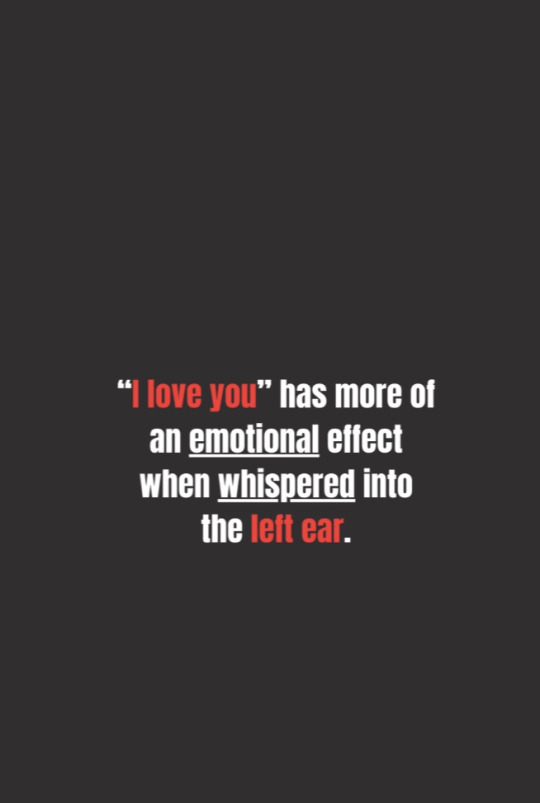
529 notes
·
View notes
Text
Man i wanna study everything and nothing at the same time like god gimme the strength of chosing a career path ffs
There is psychology and then there is navy and im already a diploma deep into the education field also i wanna be a tech genie and a creative af person somebody kill the perfectionist inside me so that ill stop expecting to build a career in every hobby of mine from myself without exploring anything 😀
#neeks rambling 🍫#thoughts 💭#i wanna study a lot#knowledge#space#ocean#chess#mathematics#sea#education#psychology#dance#technology#navy
263 notes
·
View notes
Text
More people would learn from their mistakes if they weren't so busy denying them.
Harold J. Smith
376 notes
·
View notes
Text
Nothing worse than getting into a new subject and having no one to discuss it with
#self education#nerdy girls#philosophy#psychology#neurology#spirituality#religion#ethics#esoteric#literature#pop culture#video essay#art#art history#history#science#astronomy#quantum physics#politics#documentary#aa
138 notes
·
View notes
Text
How Prevent Gifted Kid Burnout From a Gifted Silly whose Fire is still Blazing with Rage
1. EVERYTHING IS STUPID.
School is stupid, parents with unrealistically high expectations of you are stupid, teachers who overwork you are stupid.
You don't need their approval. You don't need to impress authority to have worth.
You don't need to be perfect, especially not in a broken system.
Test scores aren't a measure of intelligence. You are smart, even if the material was difficult to grasp.
You're not "wasting your potential" if you decide to pursue a career you love. Create art, write music, perform, you're contributing to the beauty of the world. There's more value in that than most people see.
You're not "wasting your potential" if you're an adult who isn't busting their butt in college or a fancy job. The economy is fucked right now, and being an adult is hard. You're doing your best.
And sometimes, you can't be at your best all the time, but you're trying, and that's all that matters.
2. Don't let school ruin a passion for learning.
Just learn. Learn and love learning. Learn without school holding you down. Find your passions, and run after them. Pursue knowledge because it's fucking fun.
Research something you care about for fun, challenge yourself to learn how to complete that math problem, learn, not because you feel like you have to, but because you want to.
Never let school make you lose a love for learning.
3. They explain it more effectively than I can lol
I made a video game metaphor but, when I was finding the video that made me realize this I read another video game metaphor that explained it better, "So basically, as a gifted kid, I skipped the tutorial because it felt too easy. Then the actual game threw curveballs at me" (adorablehoe, 2nd top comment).
youtube
HealthyGamerGG's entire channel has great information
#gifted kid burnout#gifted kid syndrome#gifted kid problems#gifted kid#gifted#giftedness#chaotic academia#chaotic academic aesthetic#fuck school#school is hard#i hate school#learning is fun#learning#learn#education#the education system#students#psychology#educational psychology#Youtube
191 notes
·
View notes
Text
That was the problem with witchcraft: It was as if everybody needed the witches but hated the fact that they did, and somehow the hatred of the fact could become the hatred of the person. People then started thinking: Who are you to have these skills? Who are you to know these things? Who are you to think you're better than us? But Tiffany didn't think she was better than them. She was better than them at witchcraft, that was true; but she couldn't knit a sock, she didn't know how to shoe a horse, and while she was pretty good at making cheese, she had to have three tries to bake a loaf that you could actually bite into with your teeth. Everybody was good at something. The only wicked thing was not finding out what it was in time.
Terry Pratchett, I Shall Wear Midnight
#tiffany aching#i shall wear midnight#discworld#terry pratchett#witches#witchcraft#facts#people#psychology#small towns#education#specialization#prejudice#necessity#power#fear#expertise#dependency#community#superiority#the only wicked thing#everybody is good at something
523 notes
·
View notes
Text
The Philosophy of Curiosity
The philosophy of curiosity explores the nature, origins, and implications of human curiosity, which drives individuals to seek knowledge, explore new experiences, and ask questions about the world around them. Curiosity has long been recognized as a fundamental aspect of human cognition and behavior, playing a central role in scientific inquiry, philosophical reflection, and everyday life. Here are some key aspects and theories within the philosophy of curiosity:
Epistemic Curiosity: Epistemic curiosity refers to the desire for knowledge and understanding, motivating individuals to seek information, explore new ideas, and engage in intellectual pursuits. Philosophers have debated the nature of epistemic curiosity, its origins in human cognition, and its role in shaping scientific progress and cultural development.
Aesthetic Curiosity: Aesthetic curiosity pertains to the exploration of beauty, art, and creativity, driving individuals to seek out new experiences, appreciate diverse forms of expression, and engage with works of literature, music, visual art, and other cultural artifacts. Aesthetic curiosity raises questions about the nature of artistic inspiration, cultural interpretation, and subjective experience.
Existential Curiosity: Existential curiosity concerns the exploration of existential questions about the nature of existence, meaning, and purpose, motivating individuals to reflect on their own lives, values, and beliefs. Existential curiosity encompasses inquiries into topics such as the nature of consciousness, the search for transcendence, and the quest for personal fulfillment.
Philosophical Curiosity: Philosophical curiosity involves the pursuit of philosophical inquiry, critical thinking, and self-reflection, prompting individuals to question assumptions, challenge conventional wisdom, and explore fundamental concepts such as truth, morality, justice, and reality. Philosophical curiosity underlies the practice of philosophy as a discipline and informs broader intellectual endeavors.
Ethical Curiosity: Ethical curiosity concerns the exploration of ethical questions and moral dilemmas, motivating individuals to consider the consequences of their actions, empathize with others, and strive for moral growth and development. Ethical curiosity raises questions about the nature of moral values, ethical principles, and the pursuit of the good life.
Cognitive Curiosity: Cognitive curiosity encompasses the exploration of cognitive processes, mental states, and psychological phenomena, driving individuals to understand how the mind works, how knowledge is acquired, and how beliefs are formed. Cognitive curiosity informs research in fields such as psychology, neuroscience, and cognitive science.
Cultural Curiosity: Cultural curiosity involves the exploration of diverse cultures, traditions, and worldviews, prompting individuals to learn about different societies, languages, and customs, and to appreciate the richness of human diversity. Cultural curiosity fosters intercultural understanding, global awareness, and cross-cultural communication.
Metacognitive Curiosity: Metacognitive curiosity pertains to the exploration of one's own cognitive processes and learning strategies, motivating individuals to reflect on their own thinking, monitor their own understanding, and adapt their learning strategies to achieve greater intellectual growth and self-improvement.
Overall, the philosophy of curiosity explores the multifaceted nature of human curiosity and its profound influence on knowledge, creativity, personal growth, and the human condition.
#philosophy#epistemology#knowledge#learning#chatgpt#education#psychology#Epistemic curiosity#Aesthetic curiosity#Existential curiosity#Philosophical curiosity#Ethical curiosity#Cognitive curiosity#Cultural curiosity#Metacognitive curiosity#Human cognition#Inquiry#Exploration#Intellectual curiosity#Human experience#Curiosity and creativity#Curiosity and learning
55 notes
·
View notes
Text
Unraveling the Wonders of the Neuron and Brain (Part 1)
Hey there, Tumblr fam! Today, let's dive deep into the intricate world of neurons and the brain. 🧠✨
Anatomy of a Neuron
Neurons are the building blocks of the nervous system, responsible for transmitting information throughout your body. They have a unique structure, consisting of three main parts:
Cell Body (Soma): This is like the neuron's control center. It contains the nucleus, which houses the cell's DNA and controls its activities.
Dendrites: These branch-like extensions protruding from the cell body are the neuron's antennae. They receive signals from other neurons or sensory receptors, transmitting these signals to the cell body.
Axon: Think of the axon as the neuron's transmission line. It's a long, slender, cable-like structure that carries signals away from the cell body, toward other neurons or target cells.
At the end of the axon, you'll find axon terminals, where neurotransmitters are released to communicate with the next neuron or target cell.
Physiology of a Neuron
Neurons are all about transmitting information through electrical impulses and chemical signals. Here's a quick rundown:
Resting Membrane Potential: Neurons have a resting state where the inside is negatively charged compared to the outside due to the uneven distribution of ions (like sodium and potassium) across the cell membrane. This creates a potential difference called the resting membrane potential.
Action Potential: When a neuron receives a strong enough signal (usually from dendrites), it can generate an action potential—a rapid change in membrane potential. This electrical signal travels down the axon like a wave.
Synaptic Transmission: When the action potential reaches the axon terminals, it triggers the release of neurotransmitters into the synapse, the tiny gap between neurons. These chemicals bind to receptors on the next neuron, initiating a new electrical signal.
The Marvelous Brain
Now, let's shift our focus to the brain—the command center of your entire nervous system. 🌟
Your brain consists of various regions, each with specific functions. Here are a few key areas:
Cerebrum: This is the largest part and is divided into two hemispheres, each responsible for various cognitive functions like thinking, memory, and sensory perception.
Cerebellum: Located at the back of your brain, it plays a crucial role in balance, coordination, and fine motor skills.
Brainstem: Situated at the base of the brain, it controls basic life-sustaining functions like breathing and heart rate.
Hippocampus: Essential for memory formation and storage.
Amygdala: Involved in processing emotions and emotional memories.
And there's so much more to explore!
References:
Bear, M. F., Connors, B. W., & Paradiso, M. A. (2016). "Neuroscience: Exploring the Brain." Lippincott Williams & Wilkins.
Purves, D., et al. (2017). "Neuroscience." Sinauer Associates, Inc.
Kandel, E. R., Schwartz, J. H., & Jessell, T. M. (2012). "Principles of Neural Science." McGraw-Hill Education.
These references will provide you with in-depth insights into the fascinating world of neurons and the brain. Remember, your brain is a universe waiting to be explored! 🌌💡🔬
Stay curious, Tumblr pals! 😊🧠
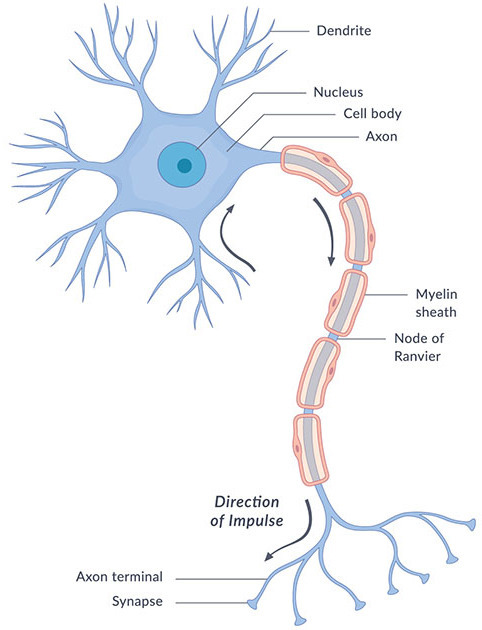

#neuroscience#biology#science#college#education#school#student#medicine#doctors#health#healthcare#neurology#brains#psychology#psychiatry
154 notes
·
View notes
Text

Wheel of Emotions
#psychology#emotional intelligence#intelligence#empathy#life#everyday life#living#guide#interesting#chart#educational
414 notes
·
View notes
Text
Laura Aboli - “Transhumanism: The End Game”
#pay attention#educate yourselves#educate yourself#reeducate yourself#knowledge is power#reeducate yourselves#think for yourselves#think about it#think for yourself#do your homework#do your own research#ask yourself questions#do some research#question everything#transhumanism#psychological warfare
609 notes
·
View notes
Text
youtube
My next video is a part 1 out of 2 talking about looking at game mechanics through Operant Conditioning. Watch it here now!
74 notes
·
View notes
Text
Education is the ability to listen to almost anything without losing your temper or your self-confidence.
Robert Frost
#robert frost#frost#quotes#philosophy#wisdom#life#literature#writer#books#psychology#write#art#artist#idea#ideas#education
116 notes
·
View notes
Text
Mistakes are, after all, the foundations of truth, and if a man does not know what a thing is, it is at least an increase in knowledge if he knows what it is not.
Carl G. Jung
193 notes
·
View notes